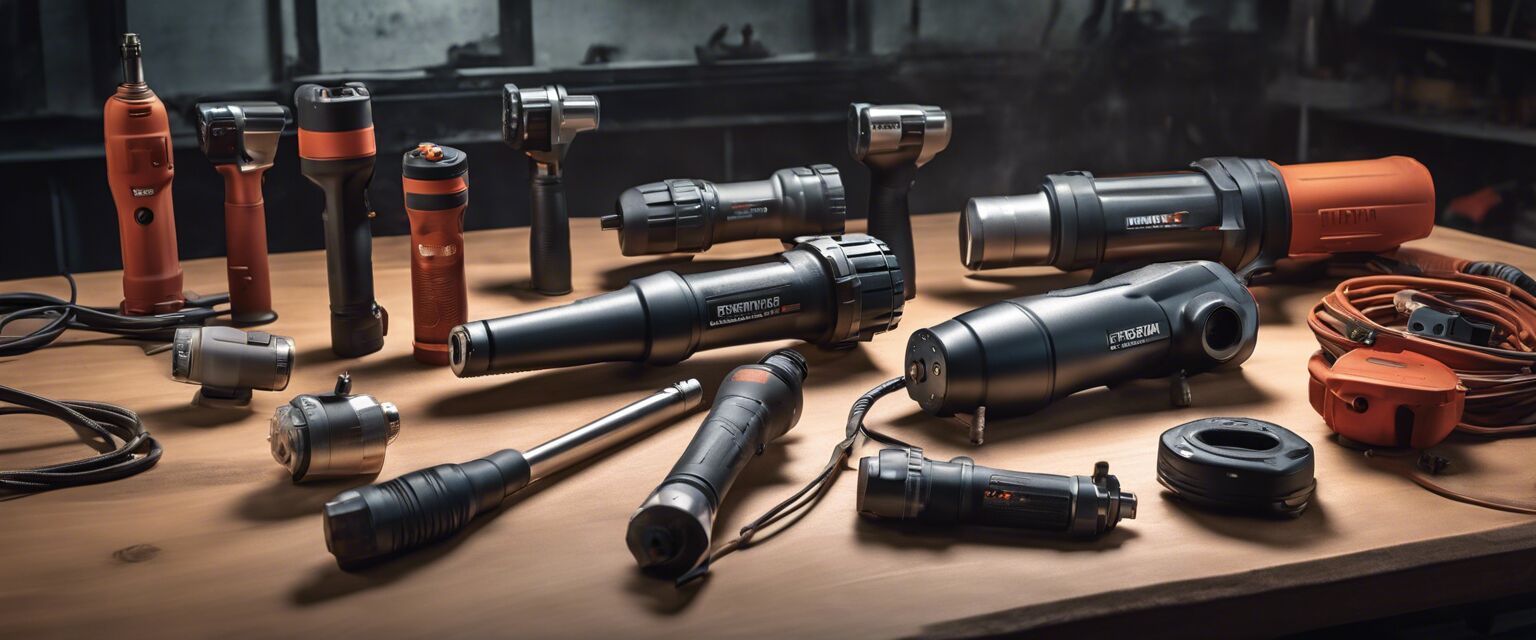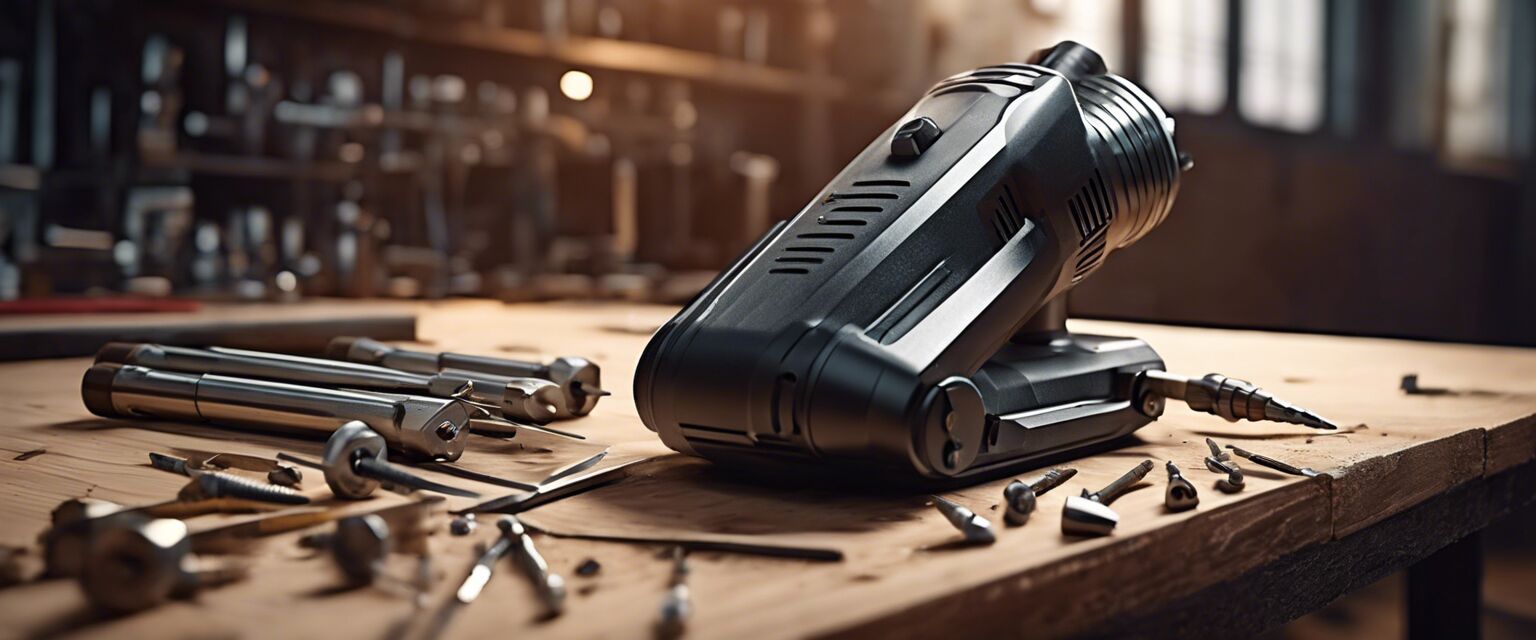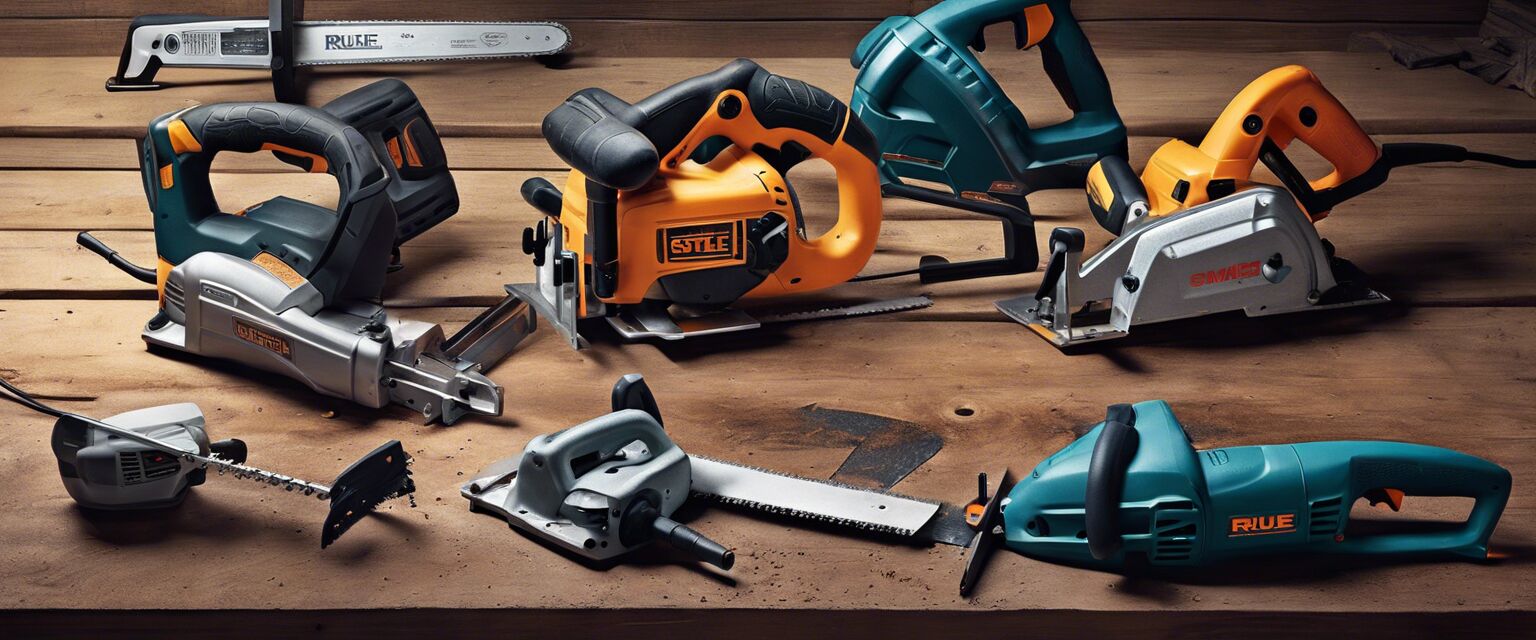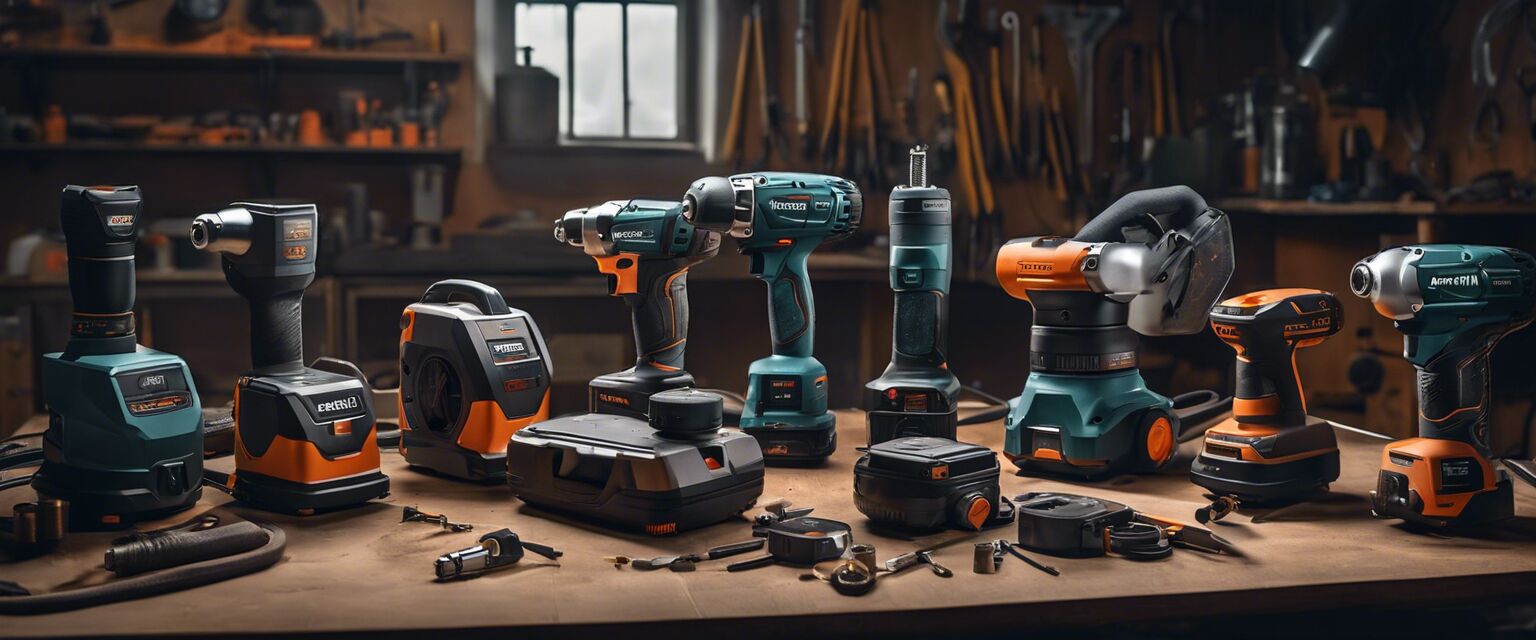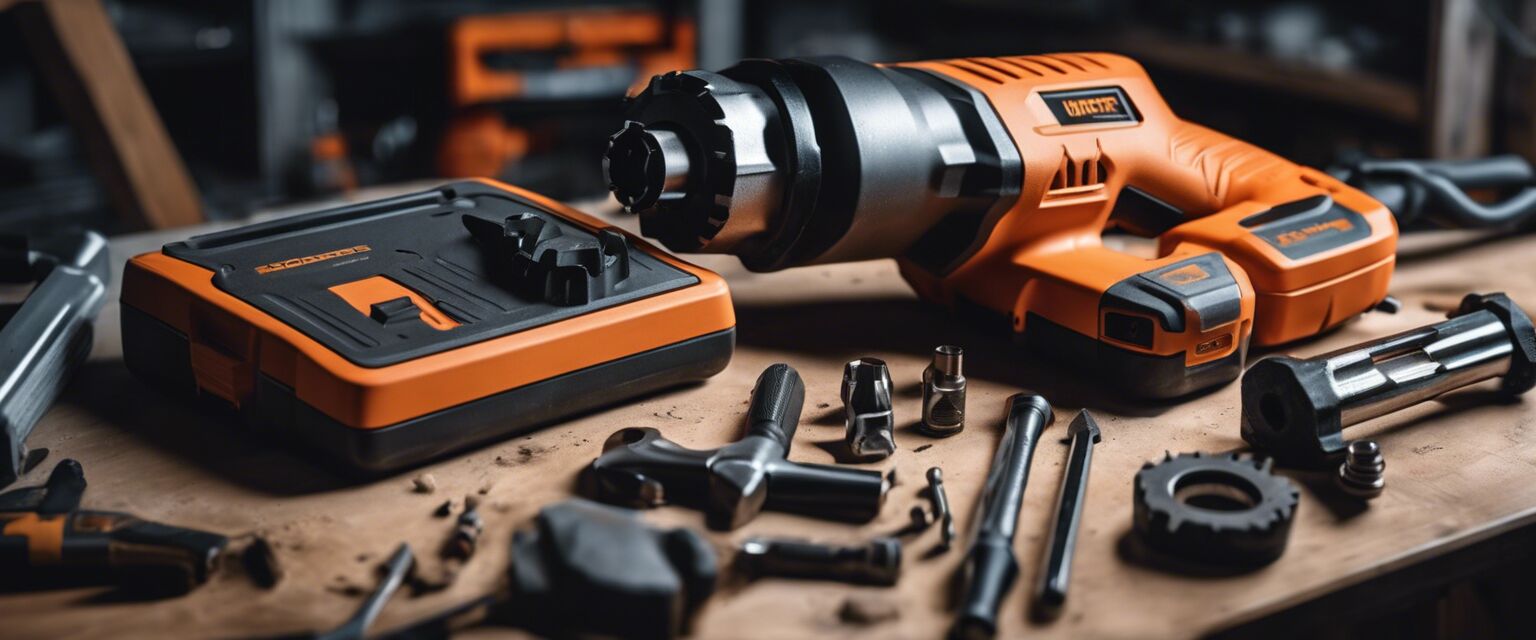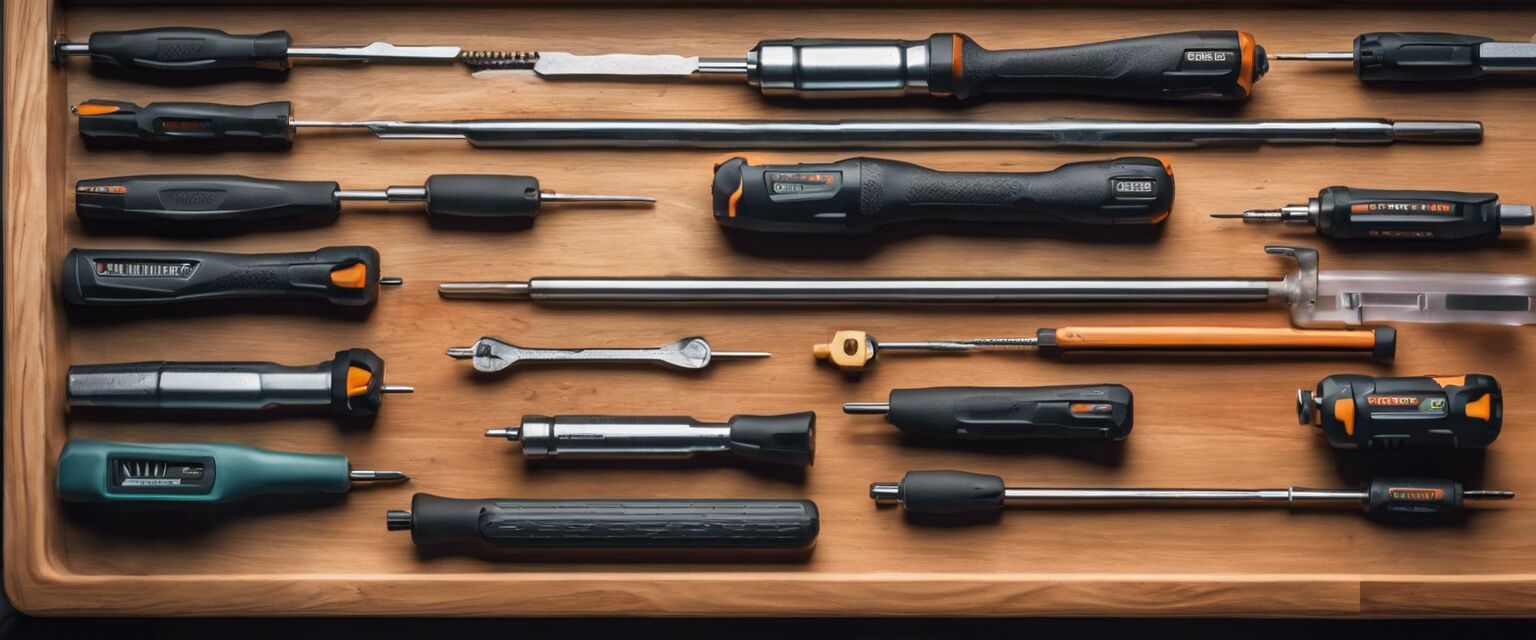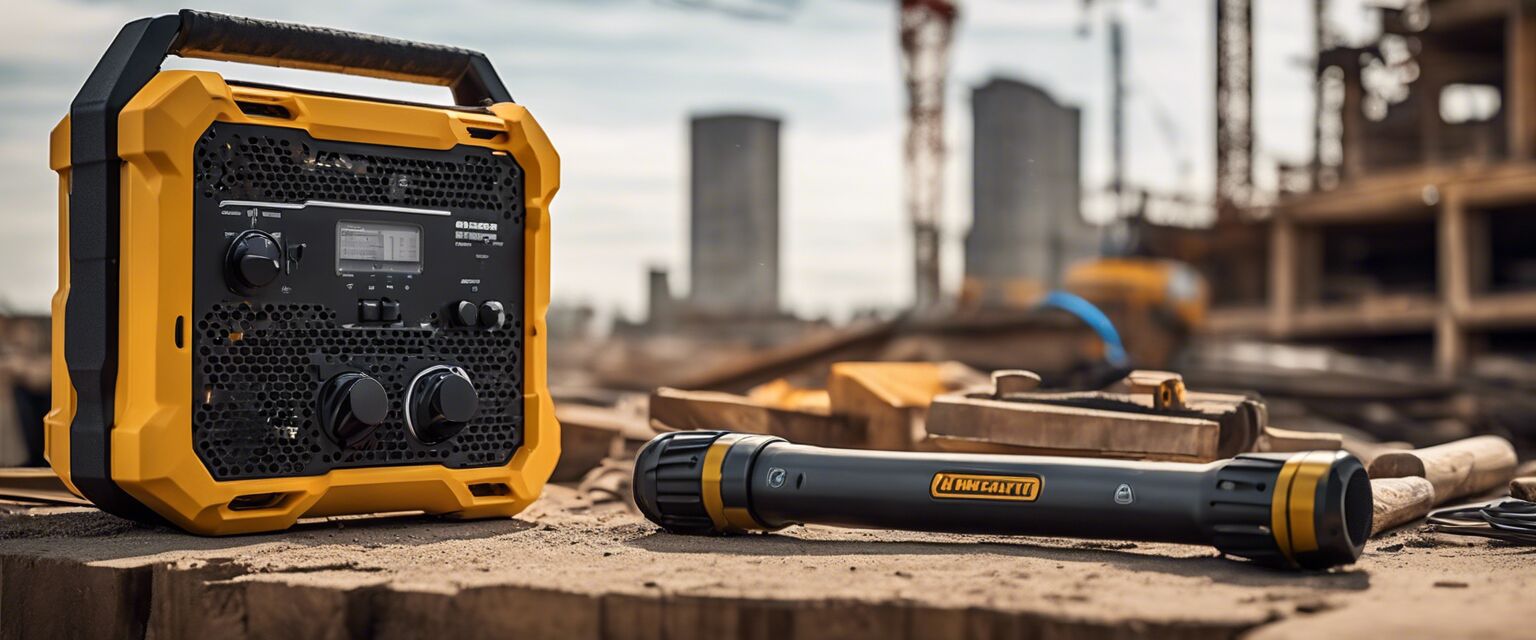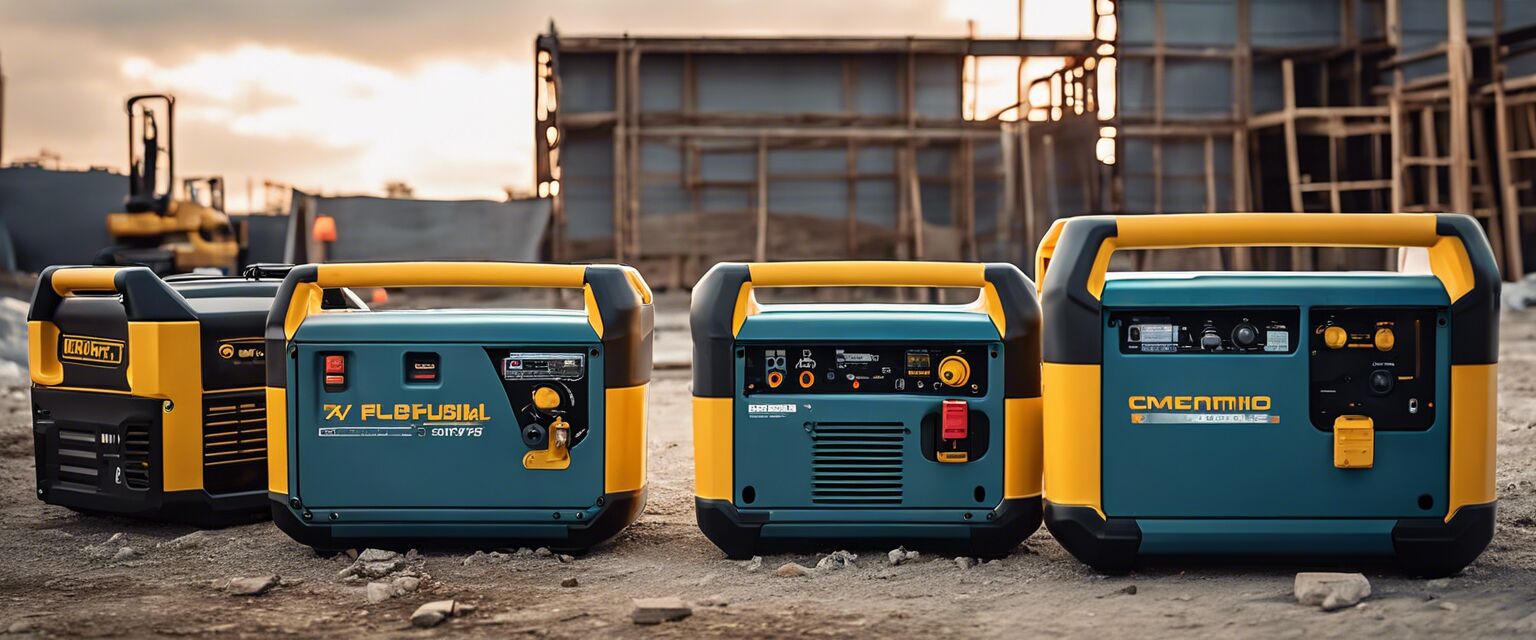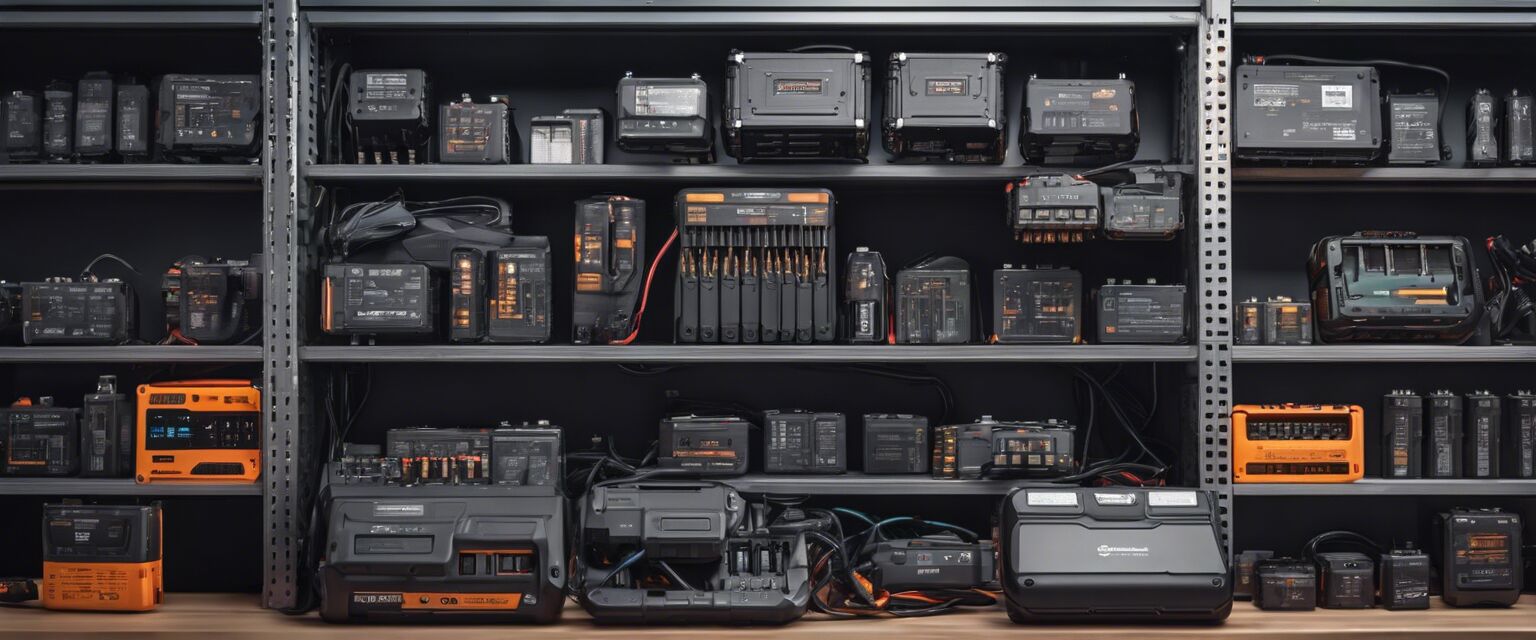
Battery packs & chargers
Key Takeaways
- Quality battery packs extend the lifespan of your portable tools.
- Choose chargers that are compatible with your tools for optimal performance.
- Consider charging speed, capacity, and safety features when selecting products.
In today's fast-paced world, ensuring that your tools are ready to go is essential for contractors and DIY enthusiasts alike. Battery packs and chargers play a crucial role in keeping your portable power tools running efficiently. In this article, weâll dive into the most reliable battery packs and chargers available, compare their features, and help you make an informed decision.
Importance of battery packs and chargers
Battery packs and chargers are the lifeblood of portable power tools. Without them, your tools would be rendered useless. Whether you are a professional contractor working on-site or a weekend DIY warrior, the ability to charge and maintain your tools efficiently is vital. Let's look at the various components that make a battery pack and charger reliable.
Key features of battery packs
| Feature | Description |
|---|---|
| Capacity | The amount of energy the battery can store, measured in Amp hours (Ah). |
| Voltage | The power output of the battery, typically between 12V to 20V for portable tools. |
| Compatibility | Must match the required specifications of your tools for optimal performance. |
| Type | Lithium-ion batteries offer better efficiency and longevity compared to Nickel-Cadmium batteries. |
Key features of chargers
| Feature | Description |
|---|---|
| Charging Speed | Time taken to fully charge a battery. Fast chargers can significantly reduce downtime. |
| Smart Charging Technology | Automatically adjusts power output to optimize charge cycles and battery lifespan. |
| Safety Features | Overcharge protection and temperature monitoring to prevent battery damage. |
| Portability | Compact size and lightweight design make it easy to carry and use on the go. |
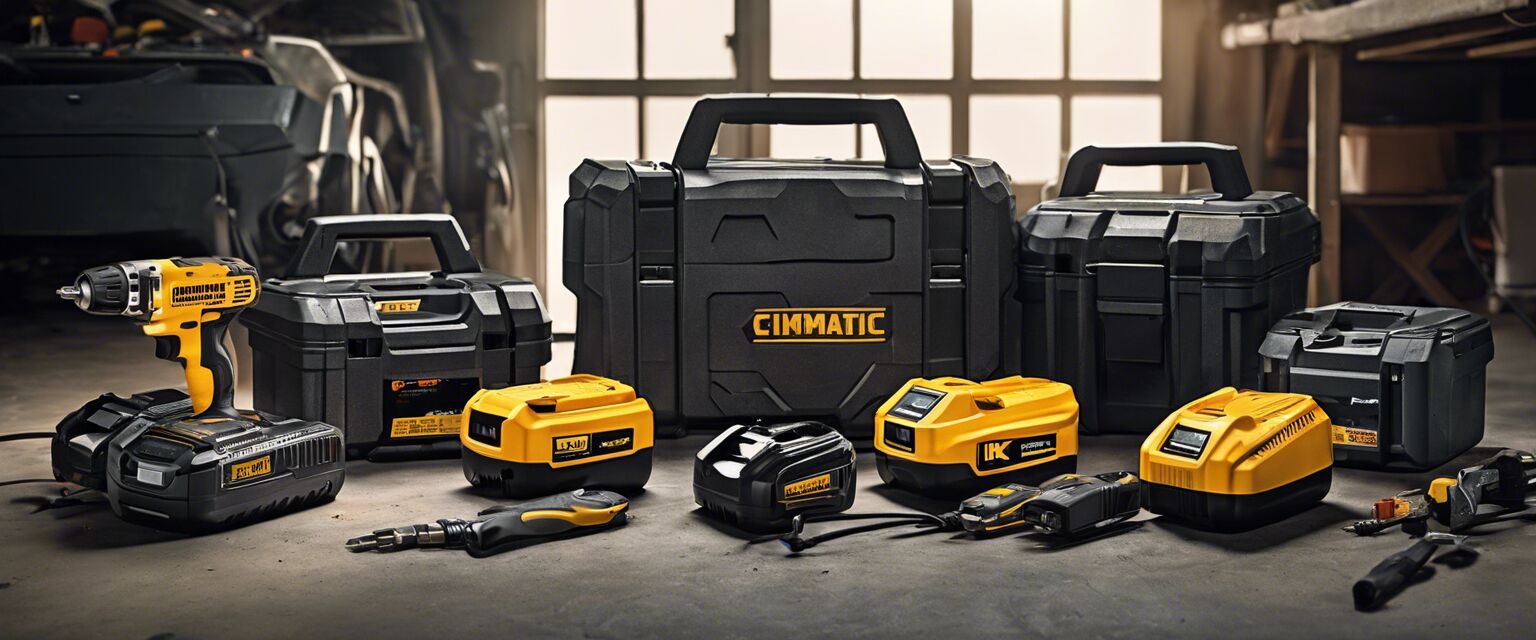
Top battery pack brands to consider
- Milwaukee - Known for durability and high performance.
- DeWalt - Offers a wide range of compatible batteries for various tools.
- Makita - Focuses on innovative technology and power.
- Ryobi - Offers great value with a solid lineup of battery-powered tools.
Charging solutions for your tools
When it comes to charging your tools, selecting the right charger can make all the difference. Let's explore some popular types of chargers available.
Types of chargers
| Charger Type | Advantages |
|---|---|
| Standard Chargers | Basic functionality, economical; suitable for home users. |
| Fast Chargers | Delivers a higher current for quicker charging times; ideal for professionals. |
| Smart Chargers | Monitors battery condition, optimizes charging cycles to extend battery life. |
| Multi-Port Chargers | Can charge multiple batteries simultaneously; saves time on large projects. |
Choosing the right charger
Selecting the right charger depends on various factors, including:
- Your tool's voltage requirements
- Charging speed preferences
- Number of batteries needed for simultaneous charging
Battery Maintenance Tips
Beginners Section
New to using battery packs and chargers? Here are some maintenance tips to ensure longevity and performance:
- Store batteries in a cool, dry place.
- Keep battery terminals clean for optimal connectivity.
- Avoid completely draining batteries; charge them regularly.
- Use the correct charger intended for your battery type.
Pros and Cons of Battery Packs & Chargers
Pros
- Enhances tool performance and extends usability.
- Portable and easy to use on the go.
- Reduces downtime during projects.
- Compatible options available for various needs.
Cons
- Higher cost for premium products.
- Can be heavy and bulky depending on the battery type.
- Performance can degrade over time without proper maintenance.
Frequently Asked Questions (FAQs)
What is the average lifespan of a lithium-ion battery?
Typically, lithium-ion batteries can last anywhere from 2 to 5 years, depending on usage and maintenance.
How do I know when to replace my battery pack?
Signs include reduced run time, swelling, or taking longer to charge. If you notice these signs, it might be time for a new battery.
Can I use any charger with my battery pack?
No, it's essential to use a charger that matches your batteryâs specifications to avoid damage.
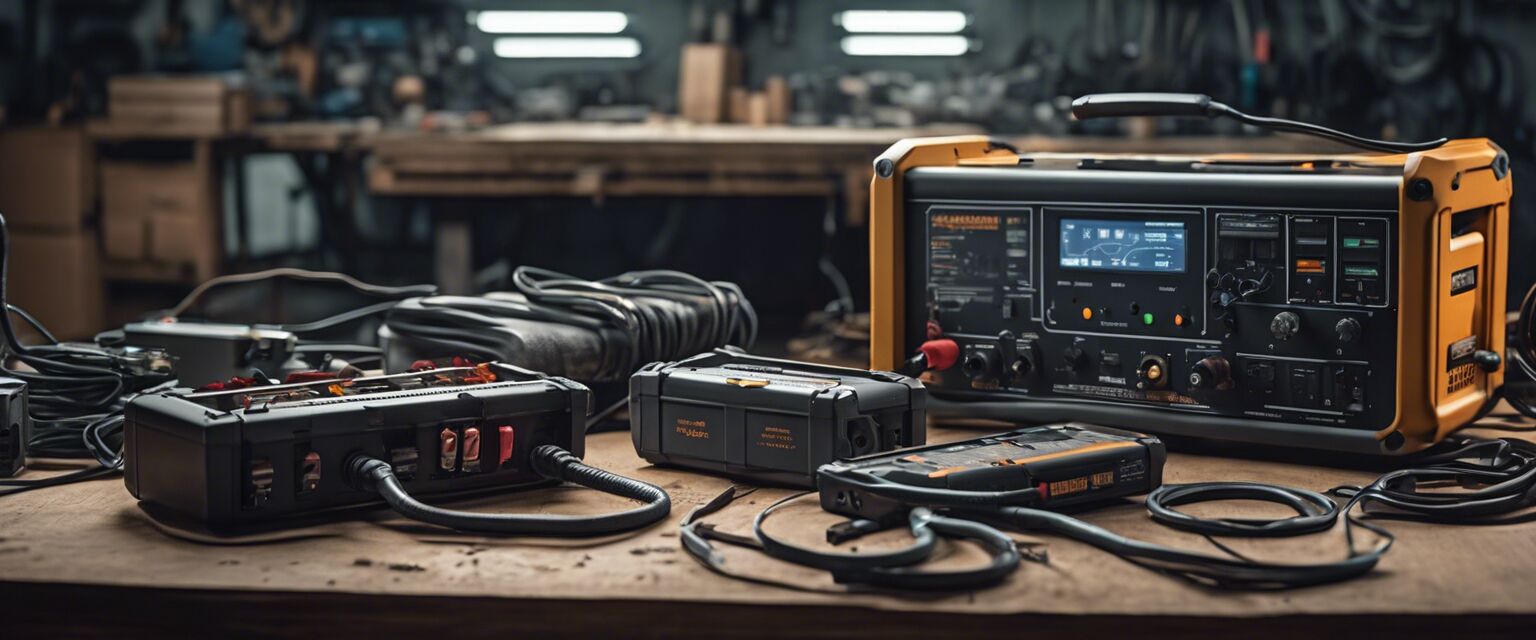
Conclusion
In conclusion, selecting the right battery packs and chargers is imperative for maintaining the efficiency and effectiveness of your portable power tools. By understanding their features, types, and the importance of maintenance, you can ensure that your tools are always ready for action. For more insights into specific tools, check our dedicated sections on circular saws, cordless drills, and impact wrenches.
